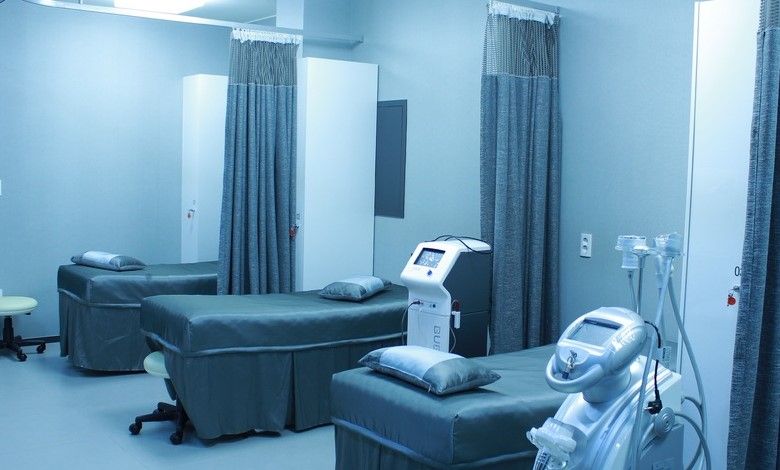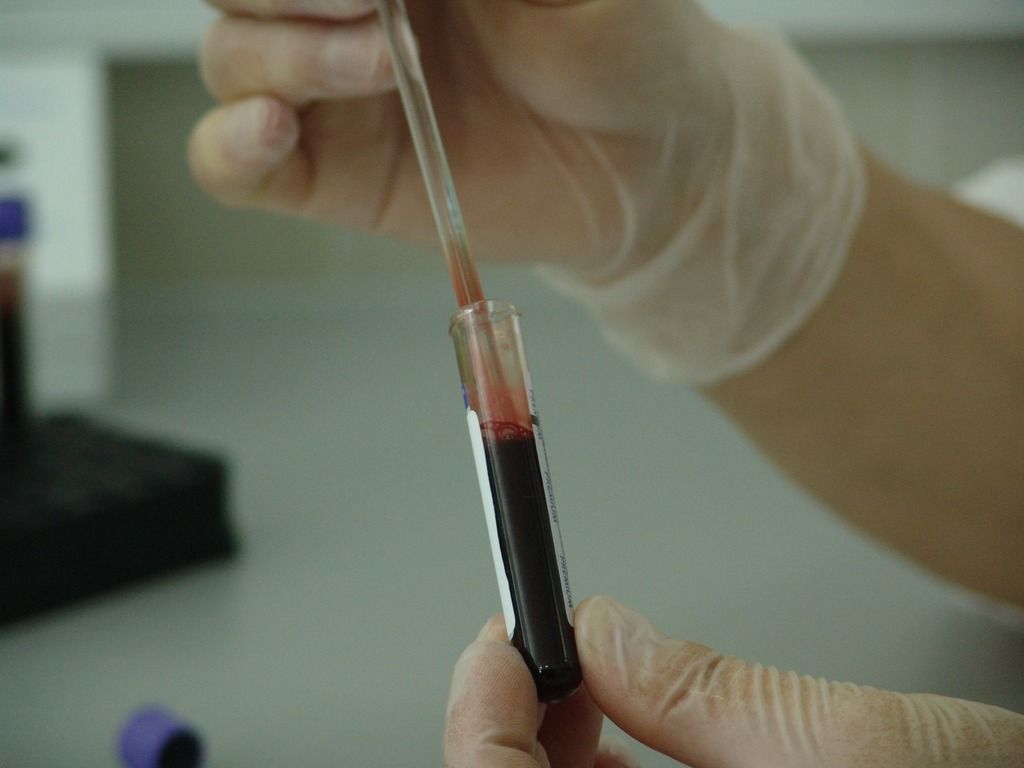
Medicare is undoubtedly the best health insurance in the United States. Every year, the Centers for Medicare and Medicaid Services (CMS) adjust the amounts that go into factoring the costs of being a Medicare beneficiary. At the end of the year, the CMS will announce the new monthly premiums for both Part A and B along with the deductible.
Since most Medicare beneficiaries must have Part A and B to be eligible for certain coverage like prescription drugs, the premiums are quite important for many. Although Part A premium is quite expensive, it can come free if you qualify.
How to qualify for Premium-Free Part A
Part A covers your hospital inpatient expenses. This excludes the doctor visits during your stay though. But you won’t be charged full price for hospice, lab tests, surgery, and skilled nursing facilities. Although the monthly premium of Part A considerably high compared to Part B, it can come free.
Part A is oftentimes referred to as the premium-free portion of Original Medicare. Many Medicare beneficiaries qualify for the premium-free Part A without even knowing. There are multiple ways that you can be eligible for premium-free Part A.

Most Medicare beneficiaries get Part A premium-free through Medicare taxes they’ve paid. Regardless of your age as long as you’re over 65, if you paid Medicare taxes for more than 40 quarters, you don’t pay for Part A premiums.
All employees and employers must pay FICA taxes included with Medicare taxes. So if you worked for at least 10 years, you won’t pay for your Part A premiums.
Part A Deductible
Part A deductible set by the Centers for Medicare and Medicaid Services is $1,408 at the moment. This is for each benefit period. There is also the coinsurance that you must pay depending on the duration of your stay. The table below shows Part A coinsurance payment amounts.
| Duration | Coinsurance Payment |
| 1 to 60 days | $0 |
| 61 to 90 days | $352 per day |
| 91 days and beyond | $704 per each lifetime reserve day |
Lifetime Reserve Day
Every Medicare beneficiary has 60 days of lifetime reserve days during their lifetime. This will kick in when your hospital stays exceed 90 days for each benefit period. Therefore, after you use all of your lifetime reserve days, you will pay the full price of your hospital stays.
Here is an example of how lifetime reserve days work.
Let’s assume you’ve stayed at the hospital for a total of 111 days. This means you’ve used 20 of your lifetime reserve days. You now have 40 lifetime reserve days left. Upon using it all in the next benefit periods, you will have to pay the full price of your hospital stays. Keep in mind that your lifetime reserve days do not reset after each benefit period. Once you use them all, they are gone forever.